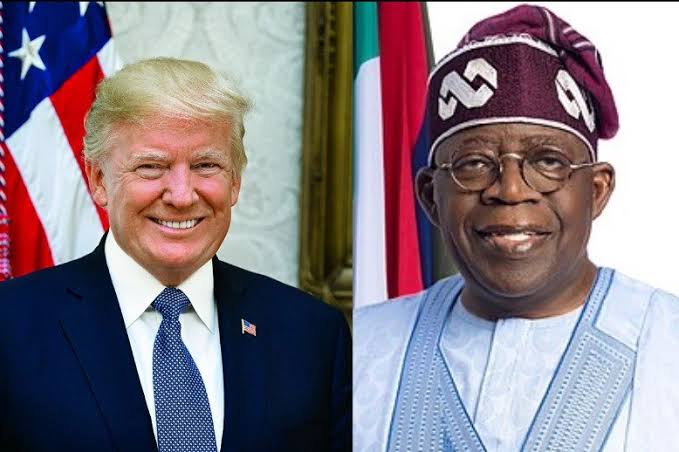
Nigeria has issued a strong warning to the United States following the Trump administration’s decision to expand its travel ban policy to include the West African nation, cautioning that such a move could seriously undermine diplomatic and economic ties between the two countries.
The policy revision, announced on 4 June 2025, extends existing entry restrictions—originally imposed on countries like Chad, Somalia, Sudan, Libya, and Eritrea—to potentially include 36 additional nations. Nigeria, Africa’s largest economy and most populous country, now faces the prospect of being added to the list if it does not implement what Washington deems “adequate traveler screening procedures.”
In a statement on 18 June, Nigerian Foreign Minister Yussuf Tuggar warned that the consequences of this expanded travel ban could be felt far beyond visa queues.
“These visa barriers represent significant obstacles to the conclusion of promising trade agreements,” he said.
Tuggar stressed that Nigeria is not just a regional heavyweight but a critical partner in global economic and security affairs.
He noted that any disruption in relations risks derailing negotiations in key sectors such as energy and the extraction of strategic metals—areas that are pivotal to global industrial supply chains and the clean energy transition.
Analysts warn that the timing of the U.S. restrictions could not be more delicate.
With international powers, particularly China, intensifying their presence across the continent, Washington’s tough stance may alienate a partner it can scarcely afford to lose.
The Nigerian government’s concerns reflect broader tensions in U.S.-Africa relations under the current administration. Critics argue that travel restrictions framed under national security narratives have disproportionately targeted African nations and risk fuelling perceptions of bias and mistrust.
Diplomats and economic observers alike caution that beyond the symbolic weight of the ban, there are tangible repercussions—ranging from academic and cultural exchanges to multi-billion-dollar business ventures that rely on smooth bilateral engagement.
Nigeria’s warning, couched in diplomatic language but clear in its message, calls for a reassessment of strategy.
As global competition for influence in Africa accelerates, Washington’s decision could mark a pivotal point—either reinforcing its alliances or pushing strategic partners into the arms of rival powers.



